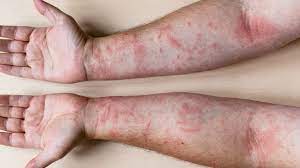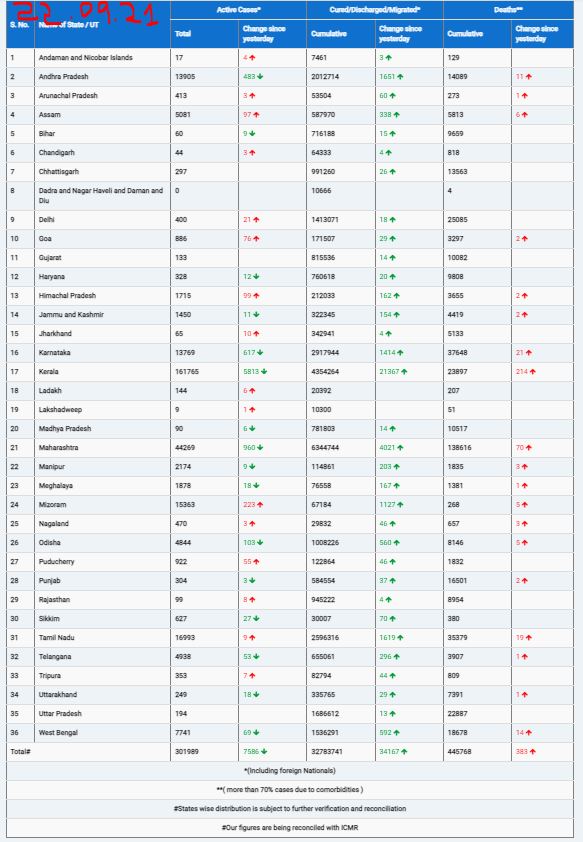A groundbreaking study conducted by Yale School of Medicine sheds new light on the complex relationship between atopic dermatitis, the most common form of eczema, and eating disorders. The study, led by dermatologist and assistant professor Jeffrey Cohen, MD, highlights a concerning association between atopic dermatitis and an increased risk of developing anorexia nervosa, bulimia nervosa, and binge eating disorder.
Atopic dermatitis not only manifests as rough, itchy rash-like patches on the skin but also exacts a significant emotional toll on individuals grappling with the condition. Dr. Cohen emphasizes that the visible nature of atopic dermatitis, coupled with its propensity to flare up unpredictably and cause intense itchiness, can severely impact mental health. Moreover, the condition’s adverse effects on social interactions and relationships further exacerbate the psychological burden faced by patients.
The study, published in the British Journal of Dermatology, analyzed data from approximately 12,600 individuals with atopic dermatitis and 254,000 without the condition. The findings revealed that individuals with atopic dermatitis faced more than double the risk of developing anorexia nervosa or bulimia nervosa compared to those without the condition. Furthermore, atopic dermatitis was associated with a more than tripled risk of binge eating disorder.
Dr. Bruce Brod, a clinical professor of dermatology at the University of Pennsylvania Perelman School of Medicine, underscores the intricate interplay between atopic dermatitis and various comorbidities, including depression, anxiety, and obesity. While the exact causal relationship between atopic dermatitis and eating disorders remains elusive, the study underscores the importance of further research to unravel this complex relationship.
Despite the uncertainty surrounding the causal link, Dr. Brod remains optimistic, noting that effective management of atopic dermatitis may alleviate mental health symptoms associated with eating disorders. Dr. Cohen echoes this sentiment, emphasizing the potential of controlling eczema through effective treatment to improve mental well-being.
While the study offers promising insights, Dr. Cohen emphasizes the need for continued research to determine whether managing atopic dermatitis can prevent or mitigate subsequent mood or eating disorders. As researchers delve deeper into this intricate relationship, the study’s findings pave the way for a more comprehensive understanding of the complex interplay between skin health and mental well-being.











